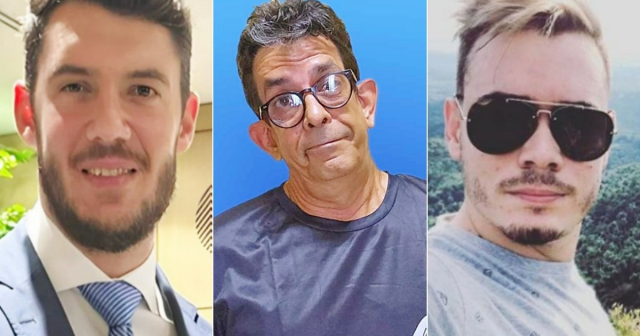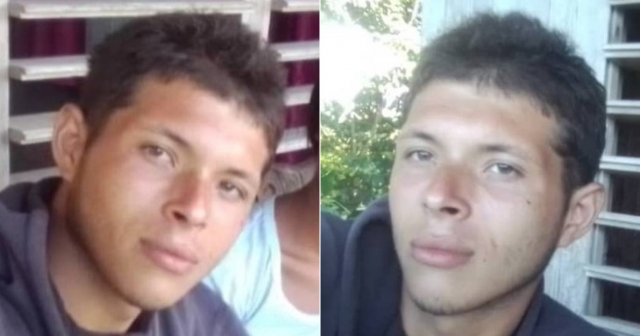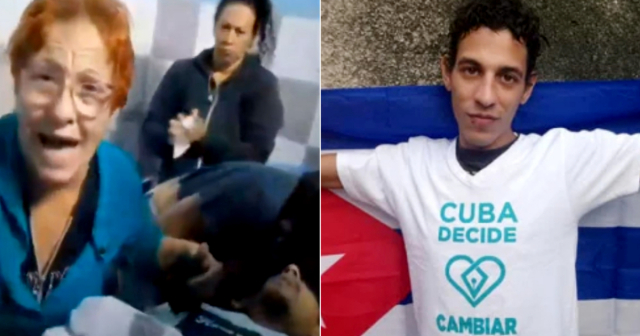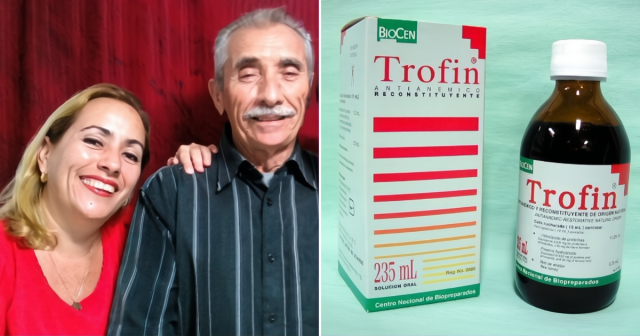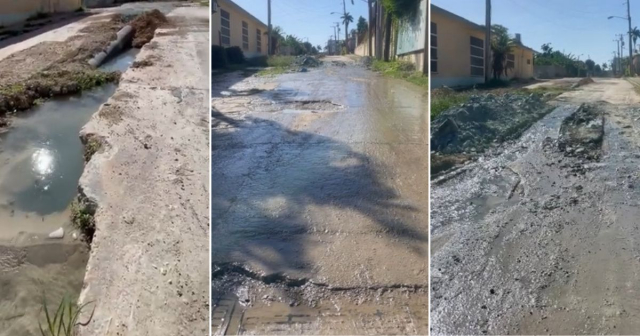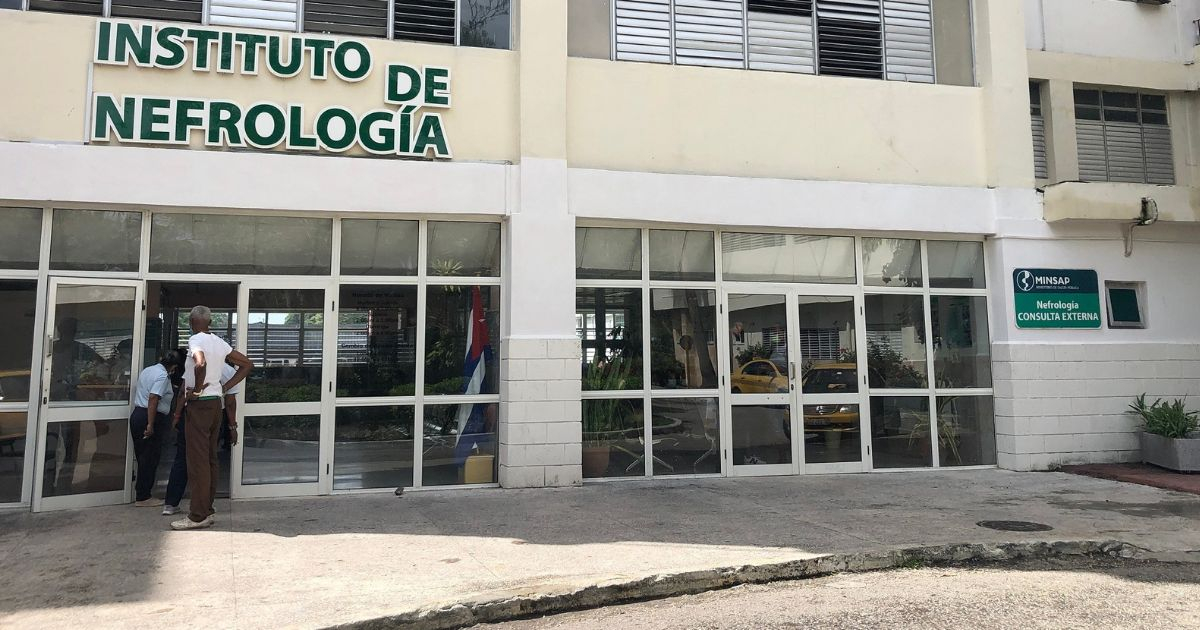
Yarianna Arce Salomón, a specialist in Comprehensive General Medicine and General Surgery, reported on social media about the collapse of the healthcare system in Cuba and the alarming shortage of essential medical supplies needed to treat kidney patients.
On Facebook, Arce highlighted the harsh reality faced by her husband, a 38-year-old man suffering from renal failure who relies on peritoneal dialysis to survive. This treatment, despite being deemed a priority, has become unsustainable due to a shortage of resources.
Although the Cuban galena expressed gratitude for the efforts of the medical team at the National Institute of Nephrology, its leader, Dr. Yanet, pointed out that this is in vain if the Ministry of Public Health does not ensure the necessary supplies to maintain the treatment.
“Now, in addition to being ill and at terminal stage, one also has to endure the lack of even the most minimal resources to maintain treatment consistently,” he lamented.
According to the complainant, the situation has reached a critical point: there are no bags for peritoneal dialysis available to distribute to patients.
The alternative they are offered is desperate: to undergo hemodialysis, a treatment also hampered by a lack of resources, or to face death. “Why do we have to suffer so much just to stay here in Cuba? Why are we abandoned this way with such a simple resource?” he asked indignantly.
Arce reported that for over four years, kidney transplants have not been carried out in the country due to the same shortage of resources.
In a nation that prides itself on having "advanced medicine" and a high scientific standard, it is inconceivable that a basic resource like dextrose cannot be guaranteed for a small group of patients who depend on it for survival.
"There are around 80 patients undergoing this treatment in the entire country, and resources cannot even be guaranteed for them," he noted.
The doctor harshly criticized the ineffectiveness of the Cuban healthcare system, noting that it seems more focused on political rhetoric and empty promises than on addressing the real issues that affect the lives of citizens.
"We continue to waste time in meetings, caught up in politics, talking about how much they want to do, but they do nothing, while our loved ones continue to suffer, and we keep losing them due to mismanagement and the incompetence of those who are unaffected by the situation," she denounced angrily.
Arce expressed her deep disappointment with the sector to which she has devoted her life: “I am ashamed to belong to this medical profession, I regret studying so much for nothing, I feel betrayed by the very sector to which I belong and perhaps it would have been better not to have been a part of it at all,” she concluded, reflecting the feelings of many healthcare professionals who face the harsh reality of a collapsing system on a daily basis.
Finally, she said that her husband "is still waiting for his transplant that never comes. I don't know how we got to this point, but I do know that I cannot remain silent in the face of so much insensitivity and injustice."
In the midst of this context of extreme scarcity in healthcare institutions, and while the regime in Havana continues to send specialists on missions to other countries, Cubans are increasingly exposing cases of medical negligence on social media.
Evidence of this situation was the recent death of the Cuban doctor Roberto Edelso Ramírez in the province of Cienfuegos, due to a lack of medical supplies for patients in coronary care.
The son of the physician, Edgar Ramírez Turiño, reported on Facebook that the lack of essential medical supplies and equipment, as well as the apparent lack of response from the staff, led to the tragic outcome at the Gustavo Aldereguía Lima Hospital and called for a response from the authorities.
At the beginning of August, a young Cuban mother residing in Holguín reported that her son, who was just 20 days old, died as a result of medical negligence in a hospital in that province.
Arlety González, from the Negrito neighborhood in the Antilla municipality of Holguín, shared with the independent media outlet CubaNet that everything began on January 24, when her baby fell ill and, after a tragic outcome, she was told to "come to terms with the idea that he didn’t exist. That he had never existed."
Filed under:

